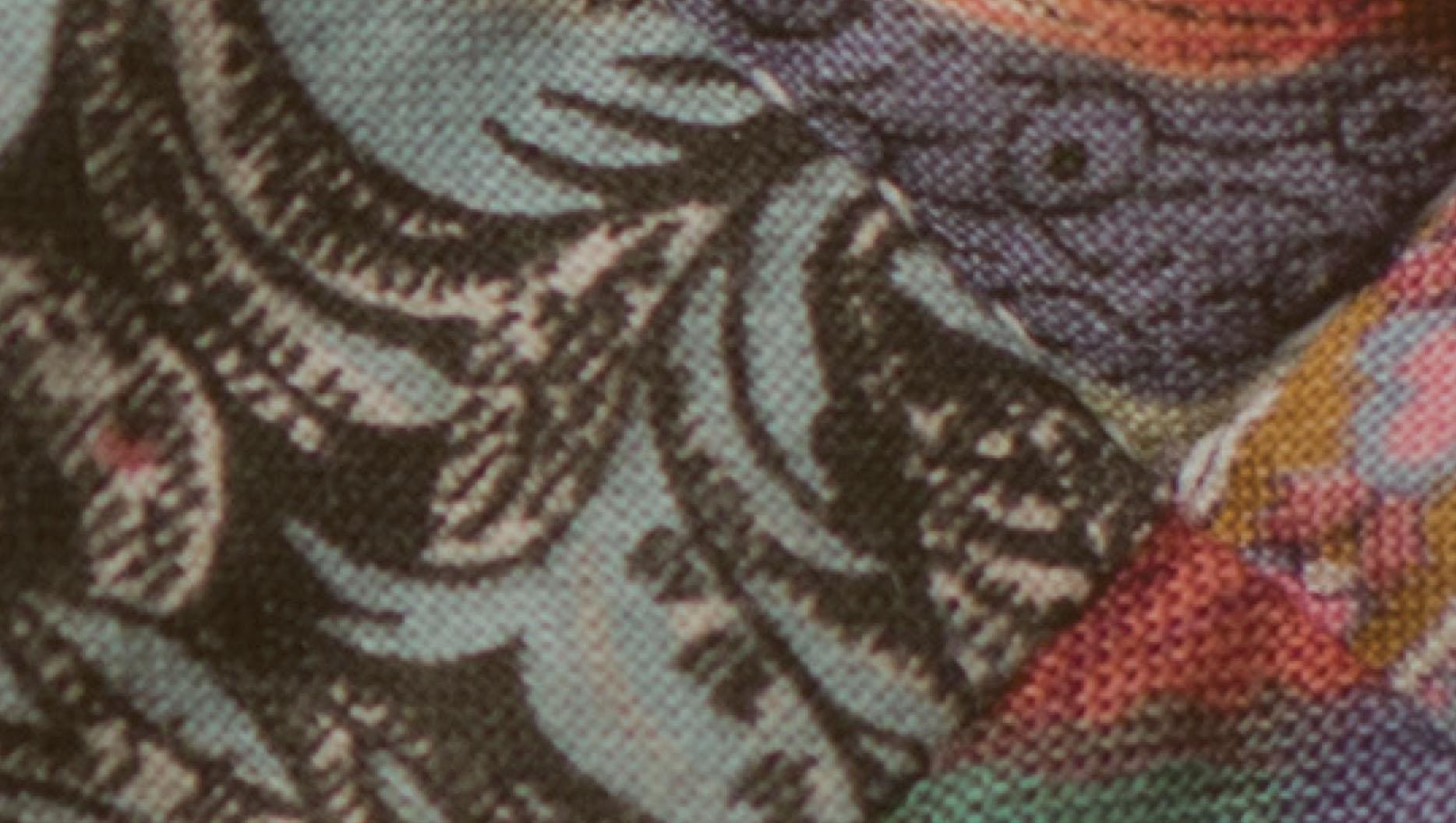This is about lessons learned through a messy house and an absent wife. More on that in a just a minute.
The apostle Paul’s signature move, though he has a few of them, is his linking of faith, hope and love (e.g., 1 Cor.13:13). When you see one you are bound to find at least one of the other two. In Romans 5 he writes about justification by faith that produces hope, and our hope is founded in the love of God poured out for us. Later in the letter he will bring these strands together in the call to love enemies. In his letter to the Galatians he writes, “the only thing that counts is faith expressing itself through love” (5:6). One reason we could envision that Paul wrote Hebrews is how the writer uses faith and hope almost interchangeably. “Now faith is being sure of what we hope for and certain of what we do not see” (11:1).
In his letter to the Colossians, he brings faith, hope and love together in a way that is unmistakably Paul.
We always thank God, the Father of our Lord Jesus Christ, when we pray for you, because we have heard of your faith in Christ Jesus and of the love you have for all the saints—the faith and love that spring from the hope that is stored up for you in heaven and that you have already heard about in the word of truth, the gospel that has come to you. (1:3-6)
Never one to simply quote himself, Paul puts a unique spin on this particular triad as both faith and love emerge from hope. My question is simple: How does this happen? How does love come from hope? We are always looking for an edge in loving deeply from the heart. Here is a novel approach. How do we do it?
Faith looks back; hope looks forward—that is one way to distinguish the two. Faith looks back to what Jesus did at the cross and we rest in him and the work he completed. Hope, typically invoked during times of trouble, looks forward to the consummation when we will see Jesus face to face and be as much like him as a creature can be like the Creator. Most importantly, we will love well and be without the impediment of sin.
According to Paul, there are a number of routes to get to deeper love, one is that love emerges as we hope—as we turn our hearts toward those things that are stored up for us in heaven.
Okay, first I have to know what is stored up for us in heaven. That’s easy. Everything is stored up for us. In Christ we inherit everything that is good. I like the sound of that. The thought of everything good being ours is pleasant, but…. it doesn’t inspire me to love. I don’t know about you, but I am not immediately thinking of fifty ways to love my neighbor.
Things will not inspire me to love; a person will. In heaven we get Jesus, in the fullest sense, he is ours. With the clarity that comes from sinlessness we will be…words fail…blown away by the surround sound of God’s love, and each passing day will only reveal more depths of love.
Here, I think, is how it works.
A little while ago my wife left for a week—nothing personal, she was visiting her parents on their fiftieth wedding anniversary. Within two hours of me dropping her off at the airport, our typically tidy house looked like something from Animal House or at least a combo of a men’s dorm and a smelly locker room. I had reverted back to my feral state. My wife, on the other hand, enjoys visual order and cleanliness when they are possible. She is flexible. She can go to Africa and stay in less sanitary conditions, but her natural state is one of ordered beauty and cleanliness.
During the first few days that she was gone, I was a bit sad and occupied myself with what I thought were useful projects. With two days left, hope kicked in. I was looking forward to picking her up, thinking about our reunion, imagining how she would be pleased with my projects, and just seeing her again.
With twenty-four hours left before I had to pick her up, hope took on a different form. Whereas the previous form of hope was limited to random imaginations, this kind of hope felt urgent and was decidedly active. First, I made the outside of the house as nice as possible. Nothing too new there in that I usually do that, but I definitely added some flourishes I thought would catch her eye. Then on to the inside. Cleaning is not my passion, but, with this new version of hope, I suddenly became borderline compulsive and was loving it. Dish washer empty, everything vacuumed, dust bunnies vanquished, candles lit in order to overpower the locker room smell, and cut flowers. I was becoming civilized again. I was becoming…my wife.
This is real hope.
You know the person well.
You can’t wait to see the person.
You create an environment suitable for the person so that, when he or she comes, everything will be just right. You work to bring the agenda, character and interests of the other person into the present.
You begin to take on some of the characteristics of that person.
So, real hope means that as you wait expectantly for Jesus, you find yourself wanting to bring heaven to earth. You are not content to simply wait, patiently imagining what is to come. Real hope wants to embody, right now, the character of the coming King. That character, of course, is love. Real hope in Christ compels us to love today. To paraphrase Paul, the only thing that matters is hope expressing itself in love.
What a lovely way to be sanctified: look forward to knowing the love of Jesus in person, dream about what it will be like to love him with a pure, sinless heart, and then head back to today and see if you are inspired to love.
The apostle John reiterates this approach.
Dear friends, now we are children of God, and what we will be has not yet been made known. But we know that when he appears, we shall be like him, for we shall see him as he is. Everyone who has this hope in him purifies himself, just as he is pure. (1 John 3:2-3)
We usually imagine no more tears when Christ returns, and that is, indeed, a good thing to imagine, but Scripture doesn’t suggest that such musings will change us. Next time you are meeting with some of God’s people, dream about the lover who is to come, imagine loving him perfectly, and watch love break out into the present.




